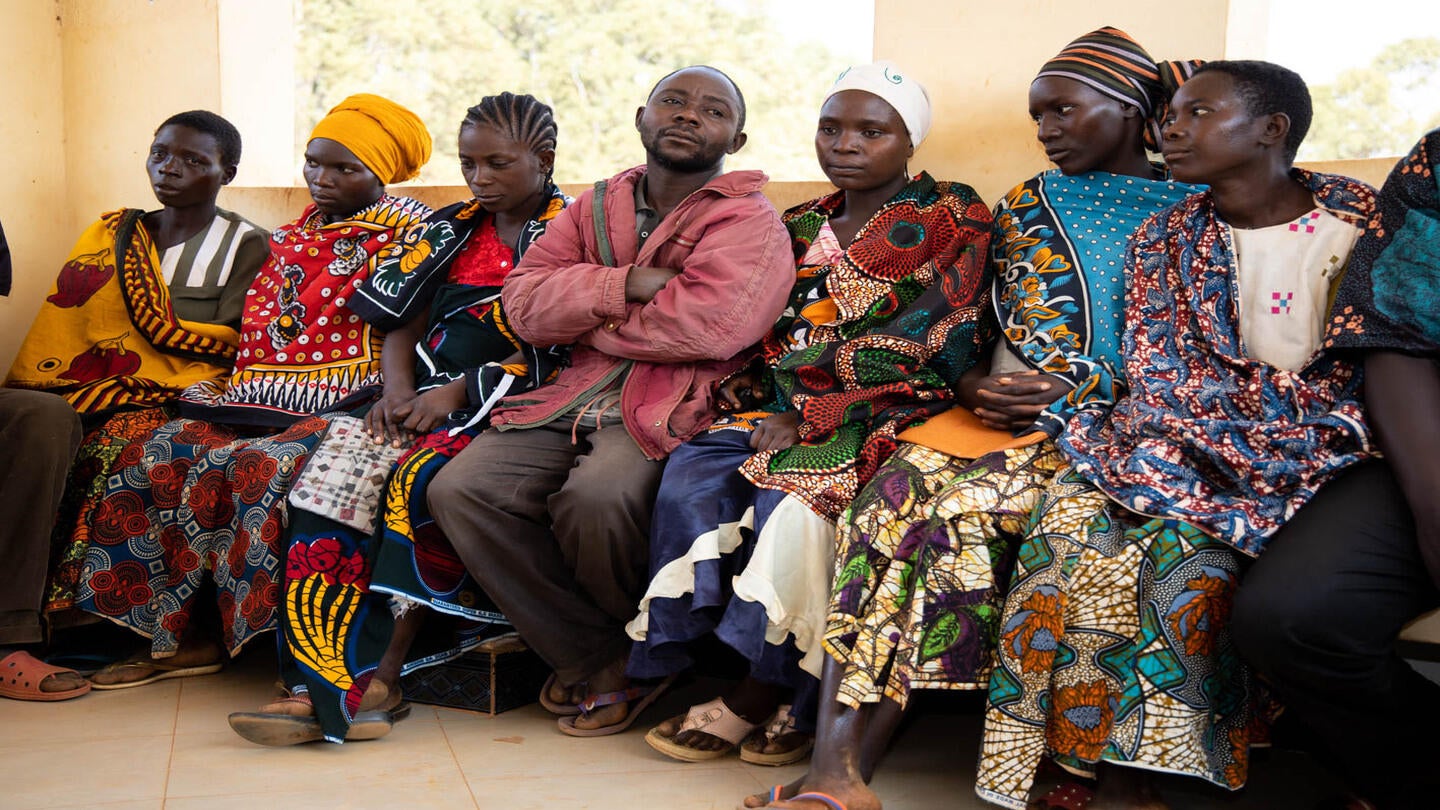Tanzania Partners Meeting Highlights Power of Data-Driven Development
22 May 2025 – Dar Es Salaam, Tanzania. In a remote rural district where access to health services was once extremely limited and maternal deaths were tragically common; change began with a commitment to listen to the community. Local leaders, health workers, and youth advocates came together to identify the most pressing gaps.
Through focused efforts — including mobile outreach clinics, youth-friendly services, and increased community education — women who once had no access to safe childbirth services are now delivering at health facilities, supported by skilled providers. Young girls who lacked basic information about their bodies are now leading peer education sessions and advocating for their rights.
This is more than a program — it’s a movement. A movement that has turned challenges into change, and most importantly, restored hope to families and futures to entire communities.
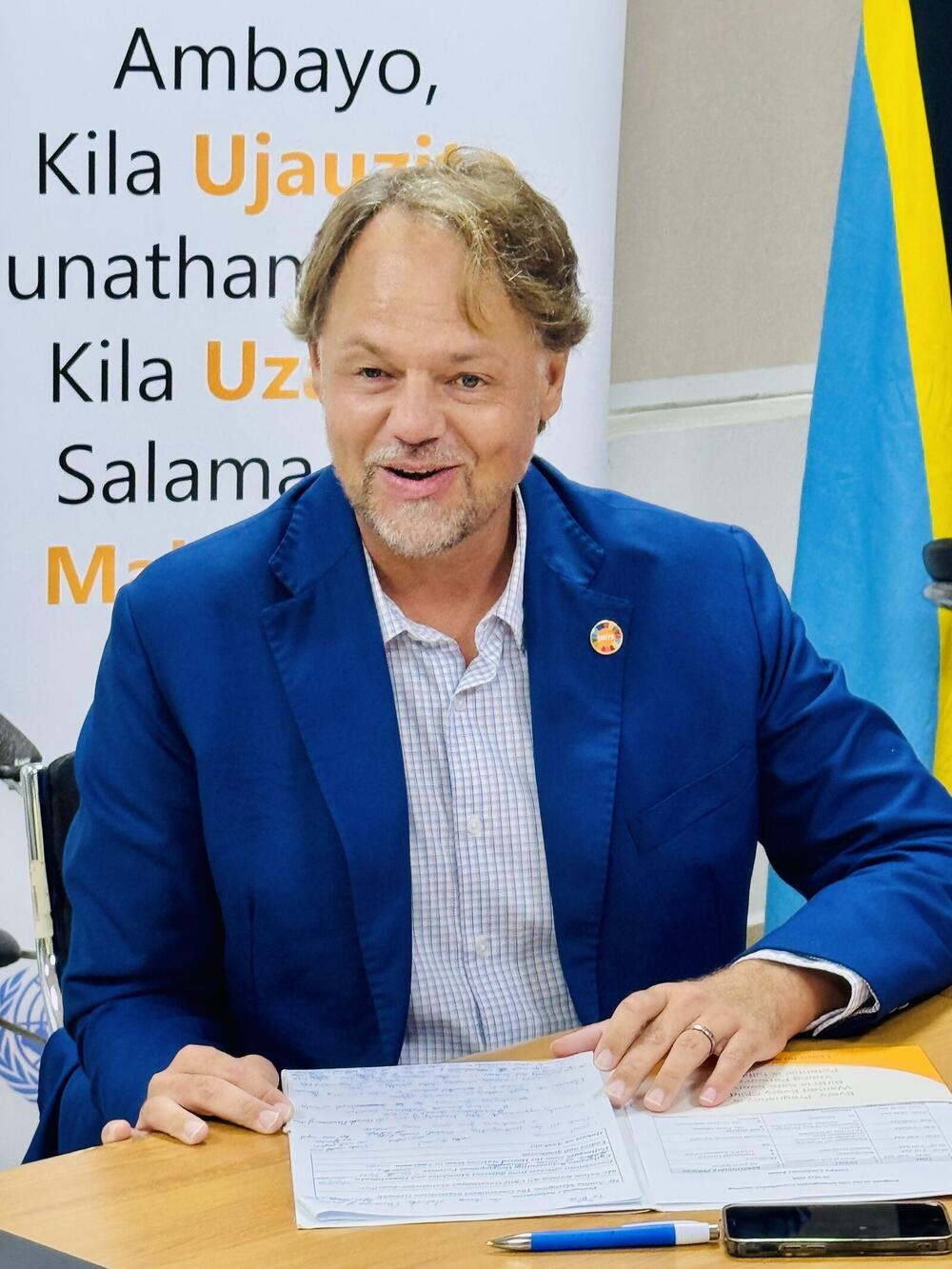
This story, shared by Mr. Mark Bryan Schreiner, UNFPA Tanzania Representative set the tone for the Partners Consultative Meeting on 2022 Census Monographs held in Dar es Salaam on May 22, 2025. The consultation brought together key government leaders, development partners, and UN agencies to dialogue on vital monographs developed from the 2022 Population and Housing Census. The data insights from these monographs serve as essential tools to advance Tanzania Vision 2050, a long-term roadmap focused on achieving inclusive, sustainable, and human capital–driven development.

“Data is not just about numbers — it is about people, their lives, and the future we want to build together,” said Mr. Salum Kassim Ali, Chief Government Statistician of Zanzibar.
He emphasized that the monographs discussion and validation is a crucial step in ensuring census findings are meaningfully interpreted and applied, underscoring the meeting’s focus on using data to shape forward-looking national strategies.

“The monographs we are validating today represent the final and most critical stage of the census process — where data is refined, interpreted, and prepared for real-world application,” added Dr. Amina Msengwa, the Government Statistician General. “This phase ensures that our evidence base is not only technically sound but also aligned with our development vision. It is through such data that we shape policies that respond to the needs of our people — especially the youth, women, and vulnerable groups.”
The five monographs — covering fertility and nuptiality levels and patterns, Mortality Analysis, The state of persons with disability, education and literacy analysis, and population dynamics and Development — provide deep insights into population trends that are central to human capital development. These publications will support the design of data-driven investments in education, healthcare, youth empowerment, and economic inclusion — all core pillars of Tanzania Vision 2050.
Mr. Schreiner emphasized that while the first two phases of the census — planning and data collection — are often the most visible, the third phase, which includes validation and dissemination, is where real impact begins.
“It ensures that the data we collected becomes high-quality information that decision-makers can rely on,” he said. “And it is only when this information is applied — to strengthen services, target programs, and forecast future needs — that data becomes a true driver of development.”
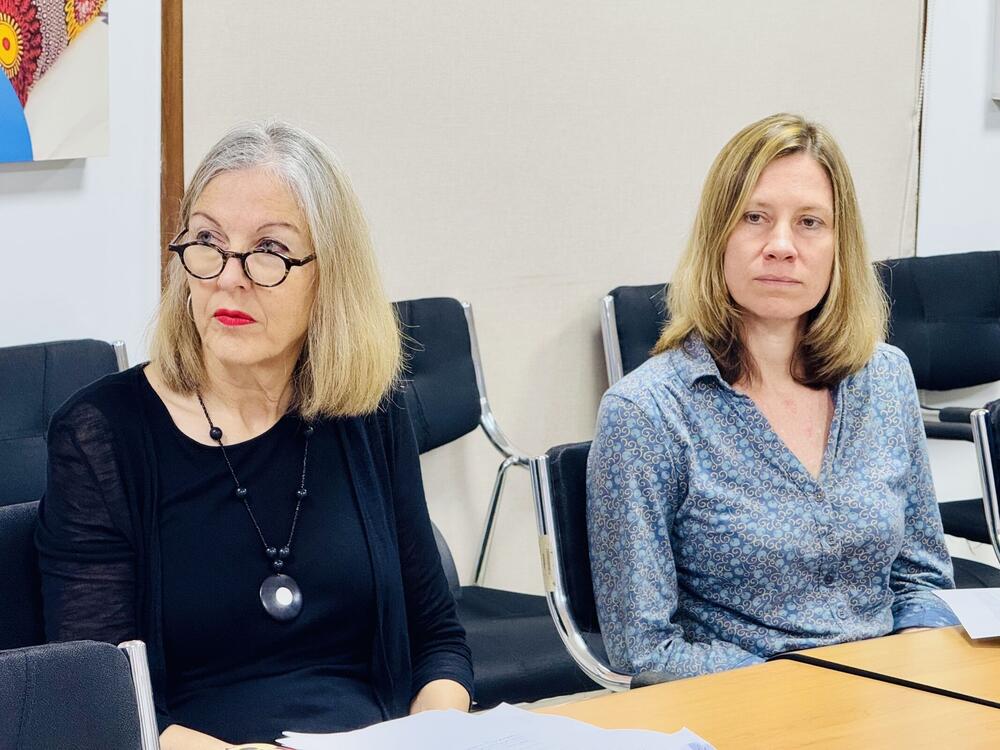
Development partners actively contributed with representatives from Canada, the Foreign, Commonwealth & Development Office (FCDO) of the United Kingdom, Ireland, Switzerland, and the Office for National Statistics (UK).
The consultation was graced by Honourable Anna Semamba Makinda former Speaker of the National Assembly - and the 2022 Census Commissar.
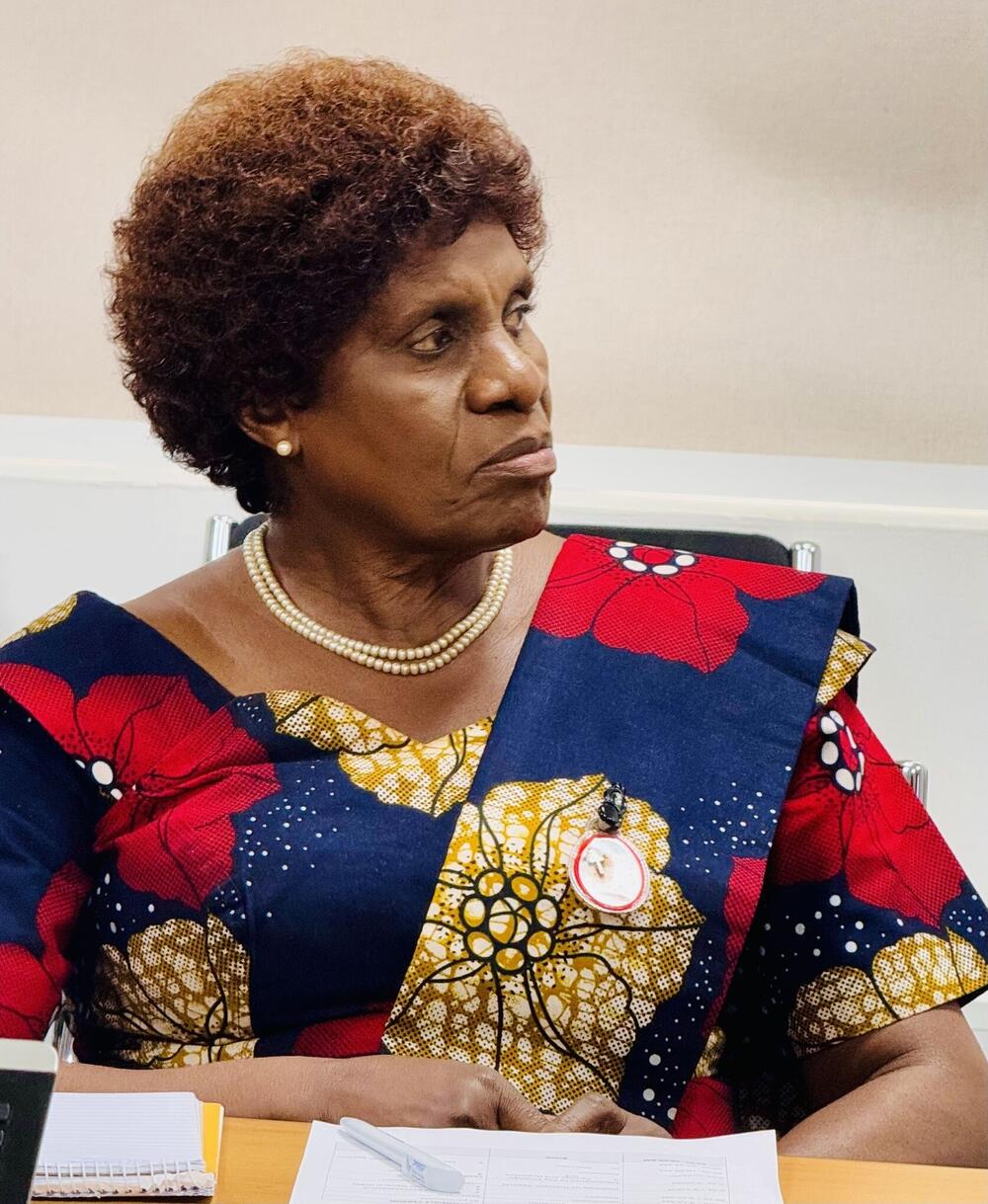
Census data revealed that:
- 42.8% of Tanzania’s population is under the age of 15
- Nearly 49% is under 18
- The population is growing at 3.2% annually
- 47.3% of all women are of reproductive age
- The total fertility rate stands at 4.8
“These figures are more than statistics,” Mr. Schreiner noted. “They are a demographic signal — a clear indication that Tanzania’s future depends on how we invest in its young people today.”
As reiterated by multiple speakers, achieving the ambitions of Tanzania Vision 2050 — including a high-quality, knowledge-based economy — will depend on translating data into policy, and policy into action. That means using the census data, monographs and policy briefs to guide investments in schools, health systems, infrastructure, and job creation.
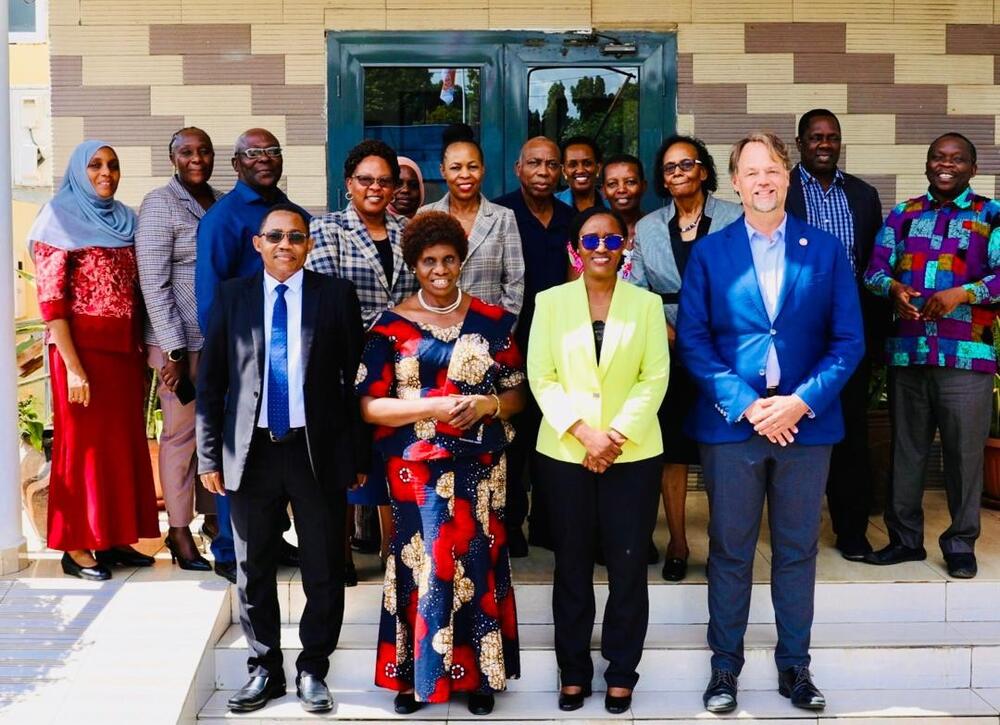
This national consultation meeting served not only as a technical validation exercise, but as a reaffirmation of a shared national and international commitment: to ensure data fuels development, human potential is unlocked, and no one is left behind. When population data becomes the foundation of national planning, Tanzania moves closer to a future built on equity, opportunity, and resilience.
Media Inquiries:
Dr. Warren Bright,
UNFPA Communications Analyst,
United Republic of Tanzania
Mobile: +255 764 43 44 45
Email: bwarren@unfpa.org

